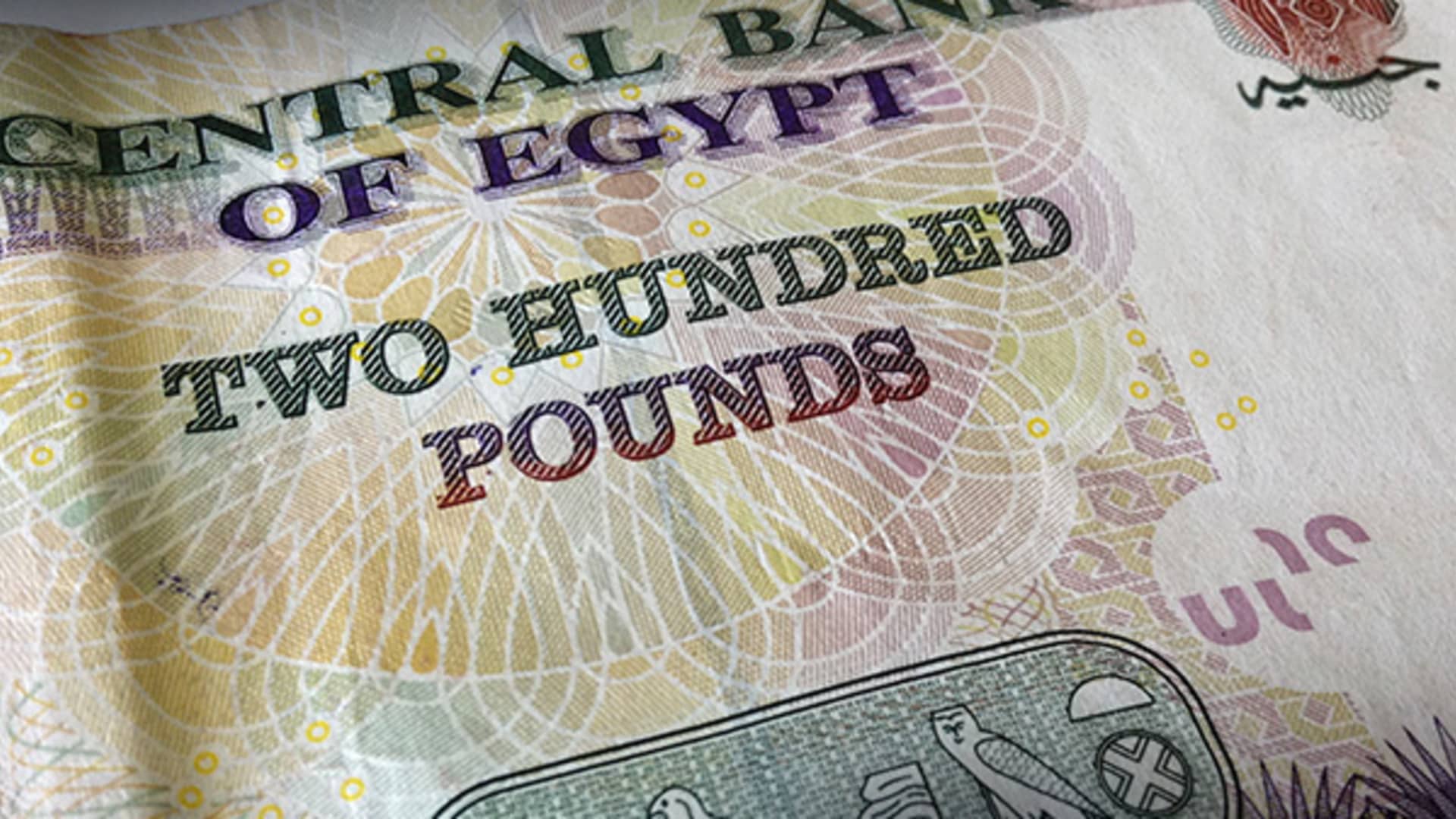Egypt hikes interest rates by 600 basis points, pound crumbles to record low

Yousef Gamal El-Din | CNBC
Egypt’s pound hit a record low against the dollar on Wednesday after its central bank hiked interest rates by 600 points and devalued the currency.
The steps were meant to facilitate an agreement with the International Monetary Fund, which is expected to confirm the extension of its current $3 billion financial support package for Egypt.
The Egyptian pound was trading at roughly 50 to the dollar following the announcement, from 30.85 previously, according to LSEG data. The country’s key interest rate now stands at 27.25%, the central bank said Wednesday.
The development “shows that policymakers are committed to the turn back toward economic orthodoxy. This is likely to pave the way for an IMF deal within hours,” James Swanston, a Middle East and North Africa economist at London-based Capital Economics, wrote in a research note.
“This appears to be a positive step for Egypt on the path out of its current crisis,” he wrote.
Egypt, the Arab world’s most populous country at roughly 110 million people, is facing a protracted shortage of foreign currency. The country’s moves suggest it is confident that hard currency inflows are on the horizon, particularly from an investment deal signed last month with the United Arab Emirates worth $35 billion and the expectation of an agreement with the IMF for further support.
“The domestic economy has been recently weighed down by foreign exchange shortages resulting in the existence of a parallel exchange rate market and constraining economic growth,” Egypt’s central bank said in a statement, following the meeting of its Special Monetary Policy Committee on Wednesday.
Cairo has in previous instances pledged to let its currency trade more freely, but would still step in to control the pound when it fell.
“The announced measures have been adopted as part of a set of comprehensive economic reforms in coordination with the Government, and backed by the steadfast support of multilateral and bilateral partners,” the central bank said. “In preparation for the successful implementation of these measures, sufficient funding has been secured to avail foreign exchange liquidity.”
Analysts at S&P Global Market Intelligence expect further monetary tightening in 2024 to combat inflation and offset the price increases stemming from Egypt’s weakened pound. They forecast inflation reaching around 30.3% this year, down slightly from 33.9% in 2023. They anticipate the rate will ease into the teens in 2025, but only hit single digits by 2027.
In its comments, Egypt’s monetary policy committee said it “judges that this tightening brings the monetary stance to a sufficiently restrictive level, to anchor inflation expectations, and will be maintained for as long as necessary to achieve the desired disinflation course.”









